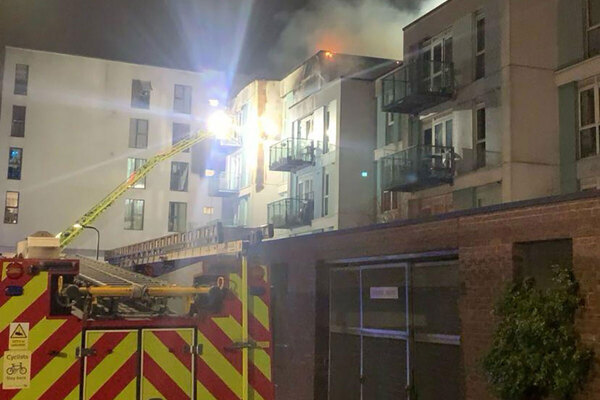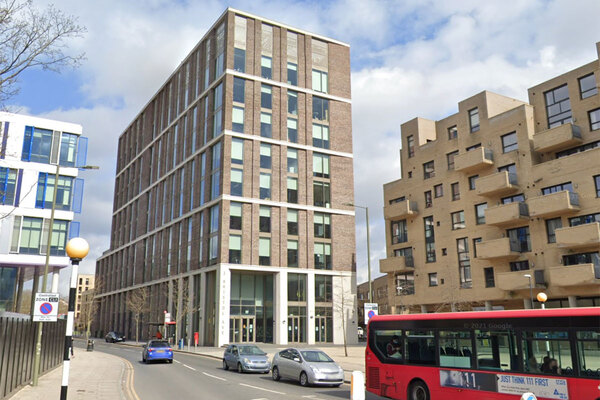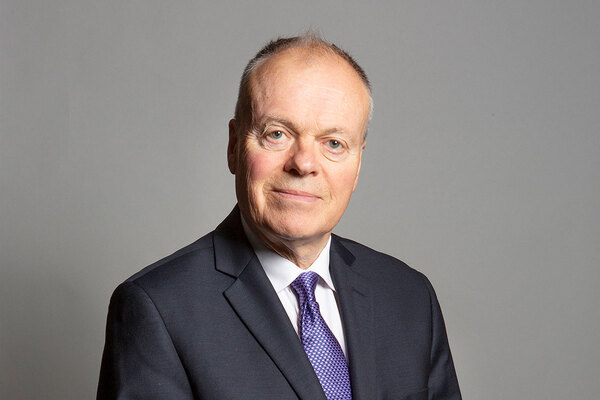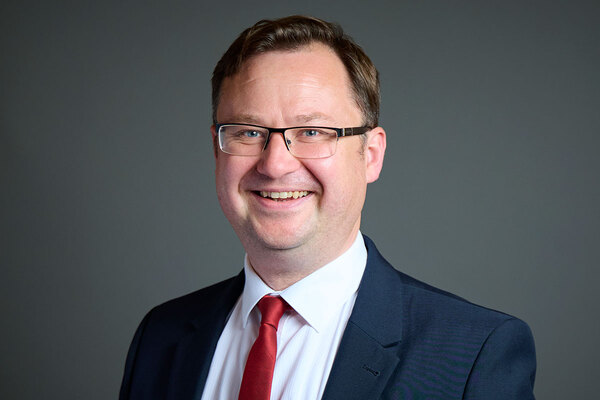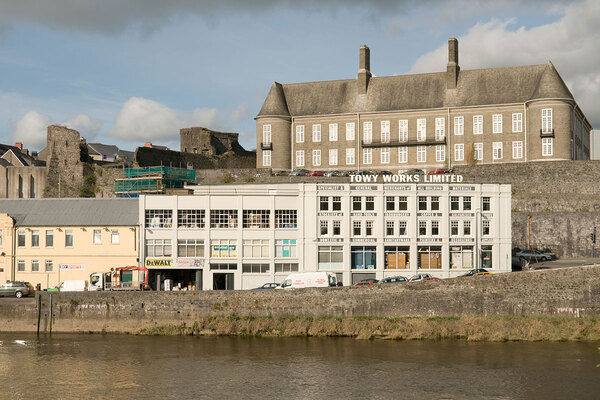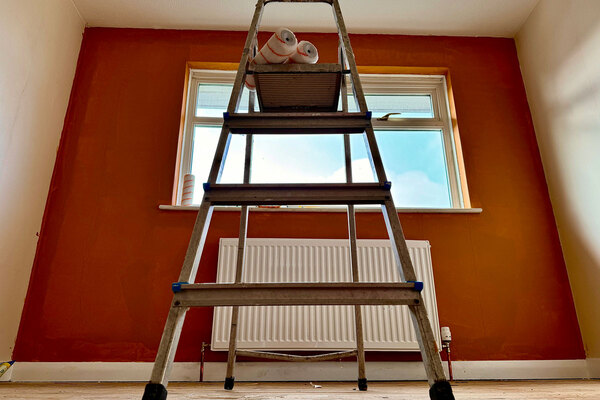You are viewing 1 of your 1 free articles
Gap in Building Safety Act leaves shared owner with cladding bill of up to £23,000
A shared owner has been hit with a cladding bill of up to £23,000 as her low-rise house does not fall under protections in the Building Safety Act.
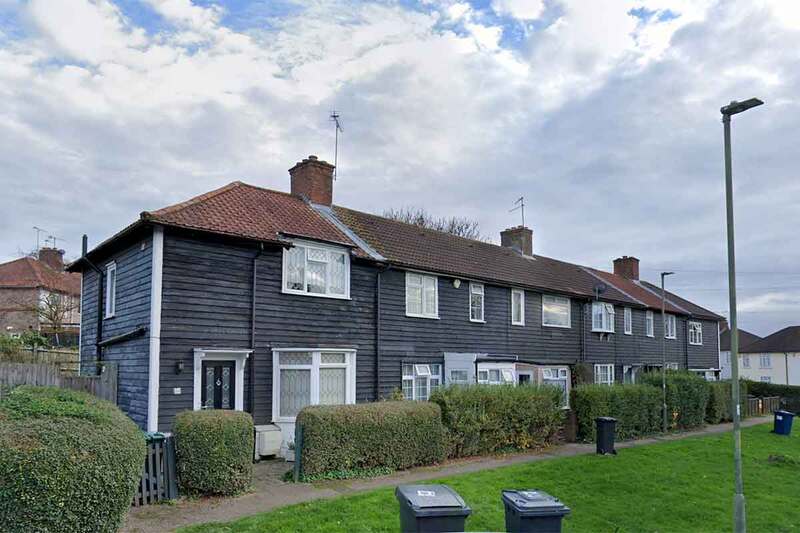
Jackie Warner, 65, was one of hundreds of residents contacted by Barnet Council in March about cladding issues on their terraced homes.
The council has asked freeholders and shared owners to pay for remediation on their homes, which it estimates to be between £14,000 and £23,000 per property.
“It was a complete shock,” Ms Warner told Inside Housing. “I had no idea there was a fire.” The council became aware of safety issues on 586 mid-20th century homes after a fire in Finchley in summer 2023.
She has not signed up to the council’s proposed repayment plan. “I can’t sign up to something I can’t repay,” she said.
“I’m due to retire this year. I’ve no idea what I’m going to do. People just haven’t got £23,000 lying around. You wouldn’t be able to get a loan, so how do Barnet expect you to pay?” she said.
Ms Warner owns 25% of her home in Burnt Oak as a shared ownership leaseholder, while housing association Notting Hill Genesis (NHG) owns the remaining 75%.
Despite the fact that she owns most of the home, in a letter to Ms Warner, seen by Inside Housing, NHG insisted that requests of the council to carry out works “are the responsibility of you as the leaseholder”.
Ms Warner said that NHG “are washing their hands of it, but will benefit if I have to pay”.
“They are the freeholder and they are the landlord, so they have everything to gain from repaying,” she said.
In March MPs called for “urgent” reform of shared ownership, including ensuring that shared owners should only be responsible for a portion of repair bills equal to their stake in the property.
All the affected homes across Barnet are timber-framed one or two-storey terraced houses, with either original timber cladding or UPVC cladding added in the 1980s.
The homes are not high enough to fall under the provisions of the Building Safety Act 2022, which introduced “waterfall” protections to ensure residents of buildings above 11 metres or five storeys did not face cladding bills.
Barnet Council should “liaise with the housing association and try and find a way forward”, Ms Warner said. “I can’t sleep, I just feel my house is unsellable,” she said. “That first letter [from Barnet Council] – one letter – made all our properties unsellable.”
Homeowners in Barnet have started a petition to extend cladding remediation funding to buildings under 11 metres tall, which has currently attracted more than 1,300 signatures.
An NHG spokesperson said: “This home was bought as shared ownership in 1999. Unlike with an apartment where we retain responsibility for communal areas and external walls, the house was fully demised to the homeowner.
“This allows greater freedom when it comes to how their property is maintained and repaired, but conversely means they are responsible for all necessary repair or remediation work.
“The priority in this case is ensuring the ongoing safety of the homeowner and their house, and we are aware that Barnet Council have offered a package that will ensure the house meets national safety standards. We will continue to engage with Barnet and the resident to help move this forward.”
A spokesperson for Barnet Council said it could not comment on individual cases but “we really understand the worry and concern that residents are feeling and we are here to work with them to help support them through this”.
The council added: “To be clear, we have not asked any resident to sign up to a repayment plan at the moment. We have contacted all homeowners to arrange a survey to assess what remediation works, if any, might be needed for their property.
“We’ll have a better understanding of the cost of any work then. If homeowners choose to commission the council’s contractors to undertake the remediation works then the council will offer a loan and repayment scheme.
“We have been in touch with Notting Hill Genesis and understand that, for residents who live in shared ownership properties, the lease makes the shared owner the homeowner and they are responsible for all the repairs and maintenance in their home, including major structural works and major repairs.”
“We’re working to identify the most cost-effective solution for helping residents make their homes safer. Unfortunately, the council does not have a budget or resources to pay for work to private homes, and so we are liaising with government to see what support they can offer to homeowners facing bills for necessary fire safety works.”
Barnet explained that it had also asked the government to review policy that currently omits low-rise homes from the cladding funding available and said it awaits a response.
A Department for Levelling Up, Housing and Communities spokesperson said: “We are aware of the action being taken by Barnet Council and continue to engage with them to better understand what they are doing to respond to risks they have identified in one and two-storey terraced council – or former council – houses.
“The Building Safety Regulator is keeping the situation under review, and we will continue to engage with them and the council to determine whether further action is necessary.”
Sign up for our fire safety newsletter
Already have an account? Click here to manage your newsletters
